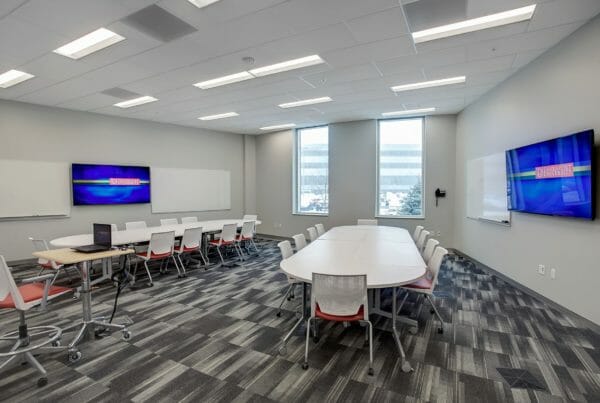Last week, we looked at how tech distractions lead to more than just lost time. Now, we want to dive into specific issues and how you can combat them. The first reason for distractions is:
The system didn’t function as it was intended to.
It’s important to note that this happens. Even the best designed systems will have an occasional hiccup. This doesn’t mean that the system is bad or faulty, there are just certain items that need frequent maintenance. Some are expendable items that need to be replaced (batteries, lamps, filters), and others just need to be monitored for signs of wear (cables, connections, buttons).
Let’s consider a typical television setup at home for a moment. There’s a cable box and a TV. It doesn’t appear there is a lot that can wrong. However, the remote requires batteries. If you don’t change them, they will eventually die and the system momentarily goes offline. That’s an expendable item you can expect to replace. The signal may go out to the cable box due to weather, construction, or a wire that goes bad. That’s an item that just should be monitored for wear.
On top of being much more complex in nature, commercial audio visual systems generally take much more abuse than a home setup. Constant power cycles, connections to various devices being swapped multiple times per day, a more taxing environment with more dust and moisture. These systems really should have a maintenance plan — whether it’s handled internally or by a third party through service contract.
A daily or weekly checklist shines light on common system faults and can prevent them from causing downtime for users. A frayed wire can be replaced before it’s no longer functioning. Batteries can be replaced on a regular schedule. Projector lamps can be swapped out before they fail. The system can be checked to ensure it hasn’t locked up. All of these things can happen. We recommend you view an investment in AV much like a vehicle — you don’t wait until you’ve run out of gas to refuel.
Stay with us in the coming weeks as we go into more ways you can prevent the cost of tech distractions. If you have an immediate need, reach out!











